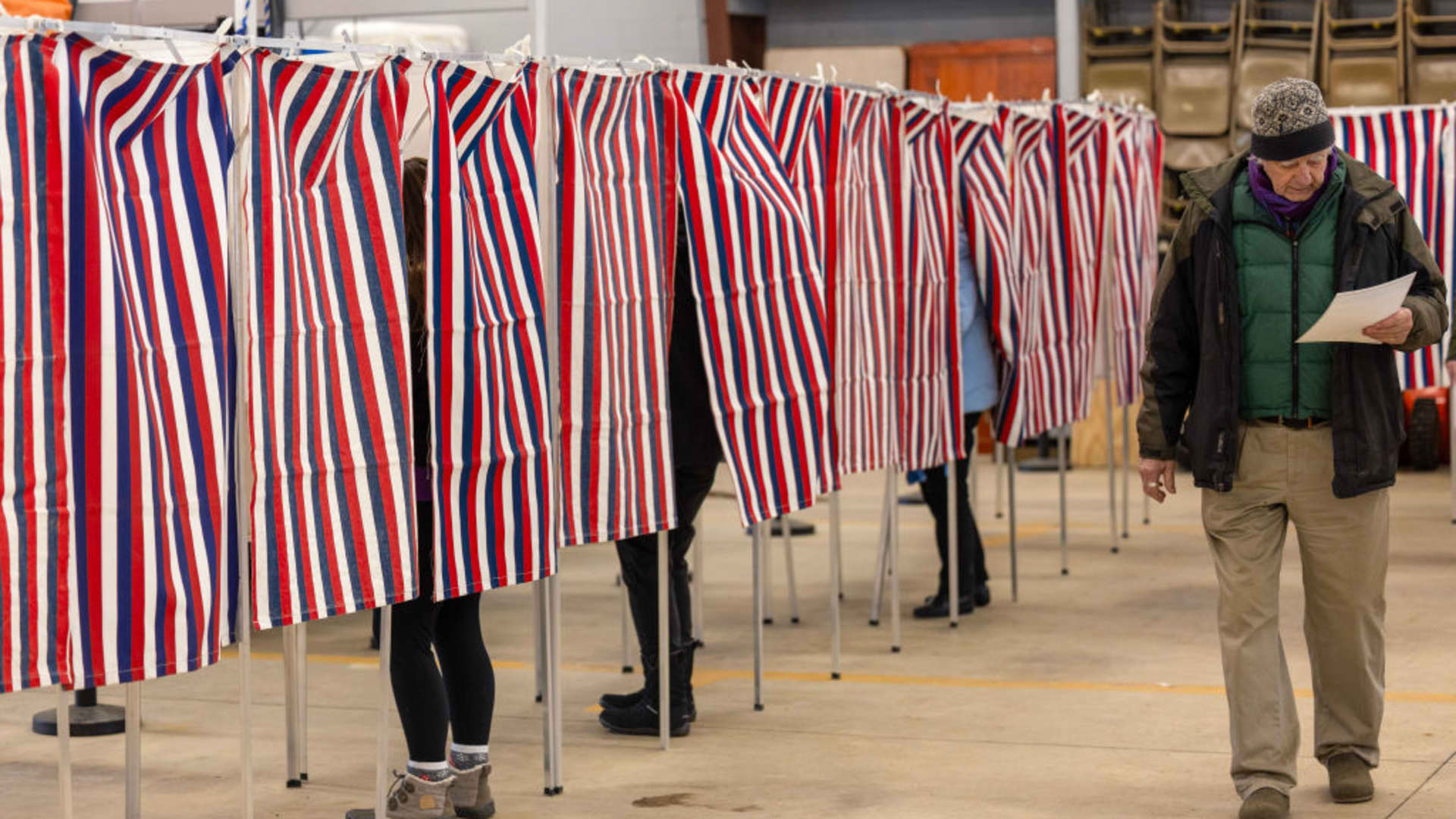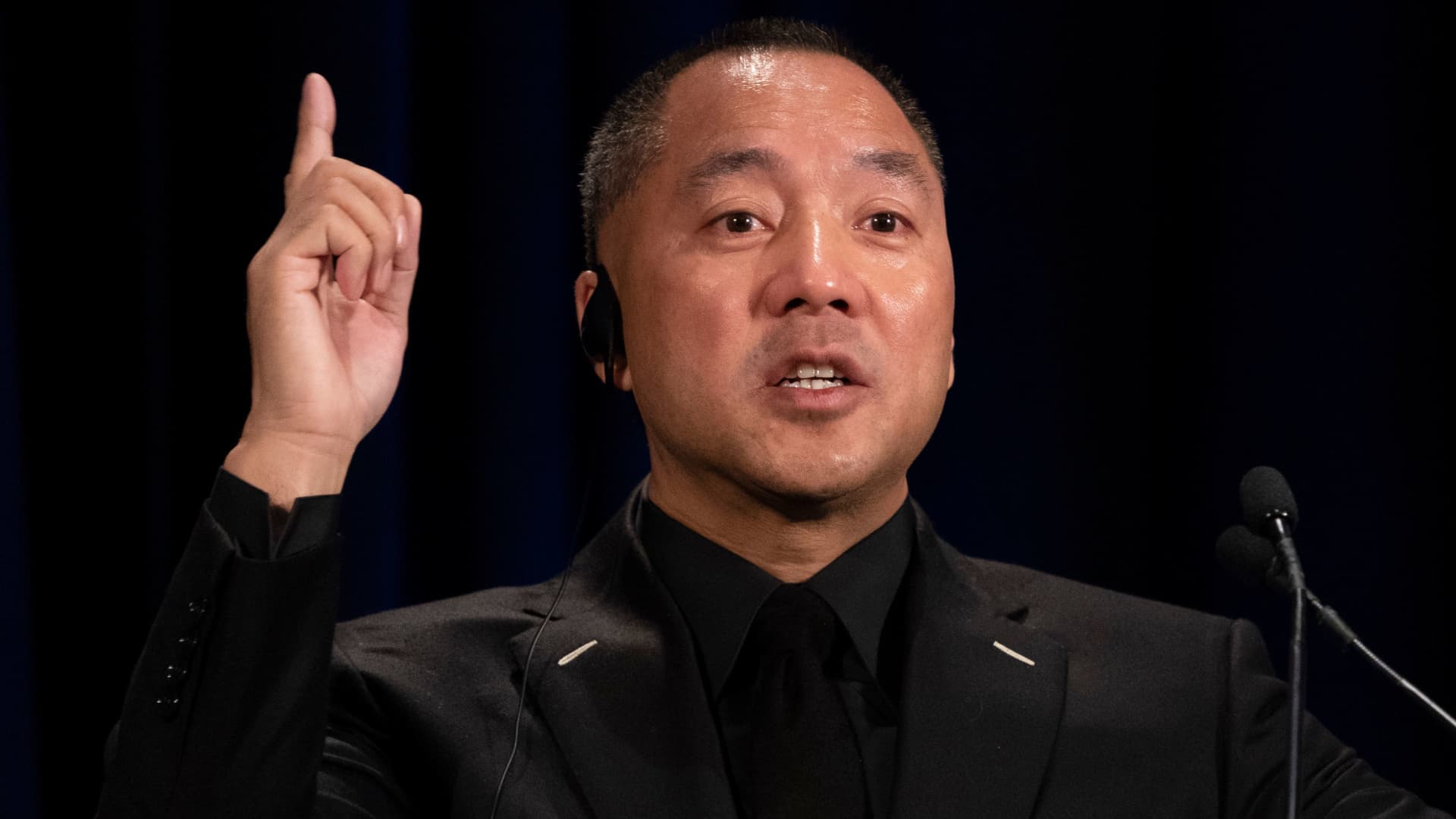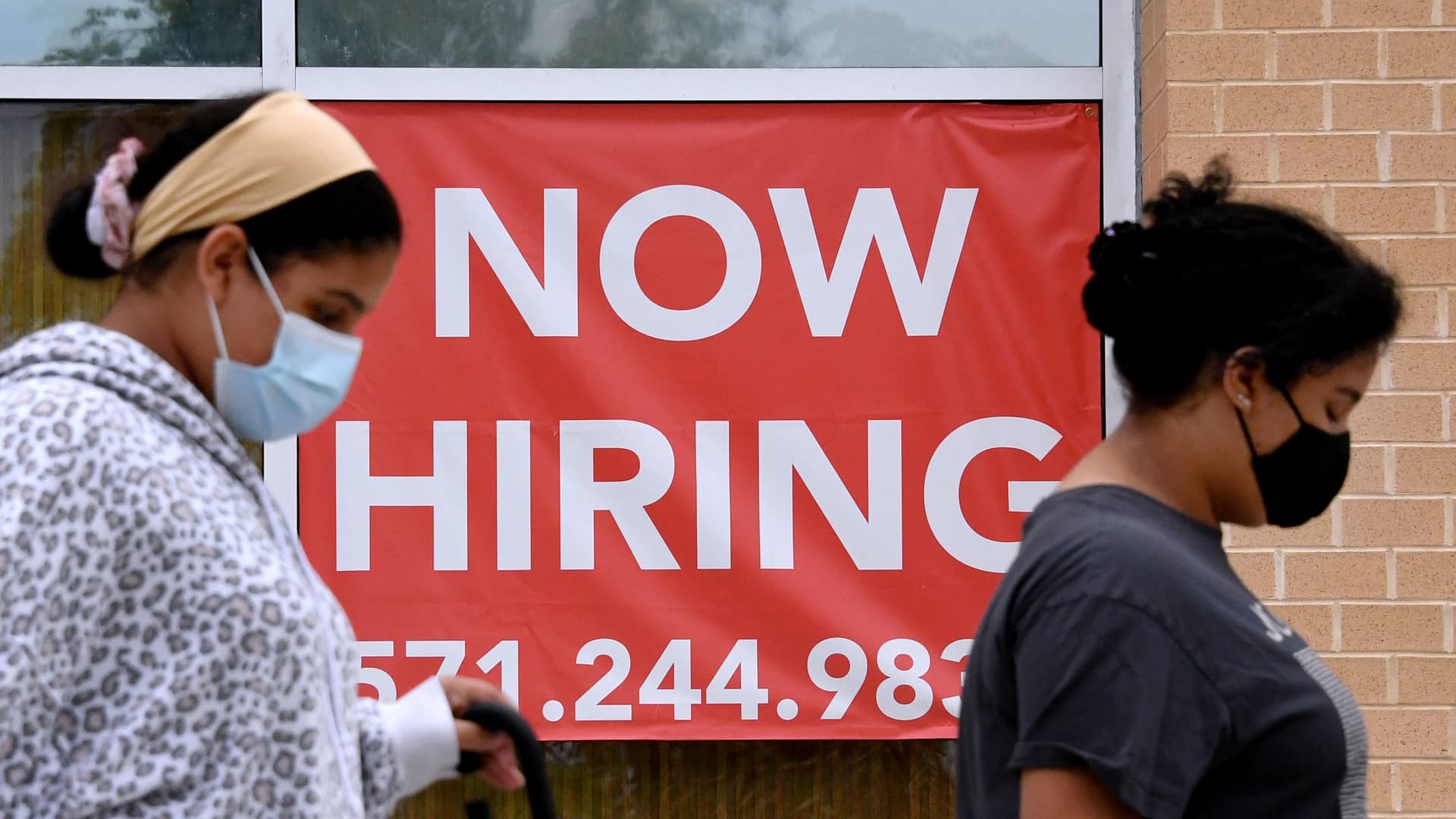Secretary of State Antony J. Blinken is meeting with officials in China this week as disputes over wars, trade, technology and security test the two countries’ efforts to stabilize ties.
The United States is facing an election year in which President Biden will face intense pressure to confront China’s authoritarian government and offer new protections for American companies and workers from cheap imports from China.
China is courting foreign investment to support its flagging economy. At the same time, its leader Xi Jinping has strengthened national security and expanded China’s military footprint around Taiwan and the South China Sea in ways that have alarmed its neighbors.
Mr. Biden and Mr. Xi have held talks to prevent disputes in their countries from escalating into conflict after relations sank to their lowest level in decades last year. But a number of challenges could make it difficult to stabilize the relationship.
Showdowns over China’s territorial claims
The United States is pushing back against China’s increasingly assertive claims to parts of the South China Sea and the self-ruled island of Taiwan by building security alliances in Asia.
These efforts have led to this There are growing concerns in Beijing that the United States is waging a campaign to encircle China and contain its rise.
At meetings earlier this month, Mr. Biden met with the leaders of Japan and the Philippines. They discussed territorial disputes in the South China Sea, including China’s “repeated harassment of legitimate Philippine operations,” the U.S. government said.
Encounters between Chinese and American military ships and aircraft in the Taiwan Strait and the South China and East China Seas are ongoing, raising concerns that an accident could trigger a confrontation between the two powers. For this reason, US officials have insisted on maintaining close military communications. High-level contacts between the two militaries were restored earlier this year after China froze communications in response to former House Speaker Nancy Pelosi’s visit to Taiwan in August 2022.
China says the United States and its allies are fomenting confrontation and should not interfere in the region’s affairs. There was already excitement that the United States and the Philippines would begin annual joint military exercises this week. As part of an exercise, the US Army also stationed a medium-range missile system in the Philippines for the first time that could reach targets in China.
To counter Washington’s efforts, China is seeking to strengthen ties with non-aligned countries in the region. The country’s top diplomat, Wang Yi, visited Indonesia, Cambodia and Papua New Guinea last week, around the same time that Mr. Blinken met with foreign ministers from the Group of Seven, a grouping that Beijing sees as a rival for global influence.
Stopping the flow of fentanyl
U.S. officials say China played a troubling role in supplying the chemicals and precursors used to make the powerful drug fentanyl.
At a meeting in San Francisco in November, President Biden and Mr. Xi decided to work together to track and stem these flows. U.S. officials say China has made initial progress in this regard, but they are likely to push for further action.
In a report released last week, a House of Representatives congressional committee focused on China alleged that China has actively encouraged the supply of fentanyl precursors to the United States, including by subsidizing exporters. A State Department official said Chinese authorities had begun cracking down on Chinese suppliers of synthetic drugs and chemical precursors, but the U.S. wanted to see progress.
China has long denied playing a major role in the fentanyl crisis in the United States and has dismissed blame, saying it was a victim of Western powers during the Opium War.
Trade and technology restrictions
The United States and China still have one of the richest trade relationships in the world, but it has become even more contentious in recent months.
U.S. officials have called on China to restrict its exports of low-cost electric vehicles and other green energy goods, saying they pose a threat to American jobs. They are considering whether to increase tariffs on Chinese-made cars and solar panels to block further Chinese imports from the United States.
Last week, the Biden administration announced it would triple some tariffs on steel and aluminum products from China and launch an investigation into unfair practices in China’s shipbuilding, maritime and logistics sectors.
The Biden administration is also continuing to tighten restrictions on the sale of advanced chips and the machinery used to make them to China amid fears that AI could help the Chinese military.
And on Tuesday, the U.S. Senate passed a bill that could force TikTok’s Chinese owner to either sell the app or face a ban in the United States. The ban is likely to be challenged in court.
Beijing has opposed the restrictions, which Xi said were an attempt to deny China’s “legitimate right to development.” In response, he called on China to promote “new productive forces” – a government mantra aimed at strengthening the country’s economy through technology and innovation in the hope of becoming more self-reliant.
Cybersecurity and election interference
U.S. officials have expressed concerns that China may seek to influence the outcome of the upcoming U.S. presidential election, including by organizing social media campaigns to influence U.S. public opinion.
The National Security Agency said last week that there were also increasing signs that China was trying to gain access to critical American infrastructure in order to threaten those systems in the event of a conflict. Last year, Microsoft said it discovered malicious code distributed by Chinese government hackers embedded in telecommunications systems in Guam and elsewhere in the United States.
While Beijing has denied involvement in cyberattacks and election interference, recently leaked documents show that China has built a sophisticated network of state-sponsored hackers targeting databases around the world.
Russia’s war against Ukraine
American officials have made clear that they view China’s sale to Russia of chips, machine tools, drones and other materials used in the war in Ukraine as one of the biggest obstacles in relations between Beijing and Washington.
And they believe that if China withdraws that support, it could determine the outcome of the war.
China has tried to tread a careful path of not providing Russia with “lethal support” such as weapons, but still supporting Moscow. In early April, Chinese leader Xi Jinping met with the Russian Foreign Minister and reaffirmed China’s partnership with Russia.
Even as tensions between China and the United States have eased, Mr. Xi and Russian President Vladimir V. Putin remain close. The two leaders sought to weaken Washington’s global dominance by blaming “US hegemony” for limiting their national ambitions.
exert influence on Iran
Hoping to avoid a major war in the Middle East, U.S. officials, including Mr. Blinken, have asked China to use its influence over Iran to persuade it not to escalate its confrontation with Israel.
As like-minded critics of the West, China and Iran have maintained close diplomatic relations for more than 50 years. That relationship has grown economically as China has promised to invest billions in Iran in exchange for oil and fuel.
Beijing had described Iran’s missile and drone attacks on Israel earlier this month as an “act of self-defense” after seven Iranian officials were killed in an attack widely believed to be Israeli.
Since the start of Israel’s war in Gaza, China has courted solidarity with the Muslim world by blaming the United States for decades of instability in the Middle East. Beijing also did not condemn Hamas for its terrorist attacks on Israel on October 7.
Source link
2024-04-25 04:46:12
www.nytimes.com









